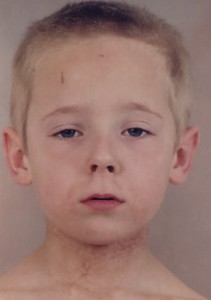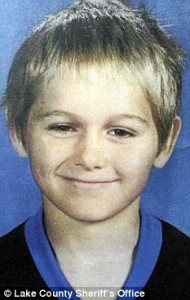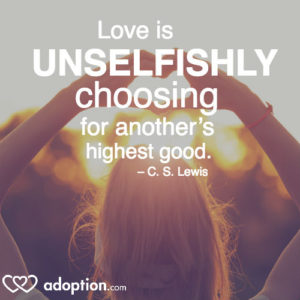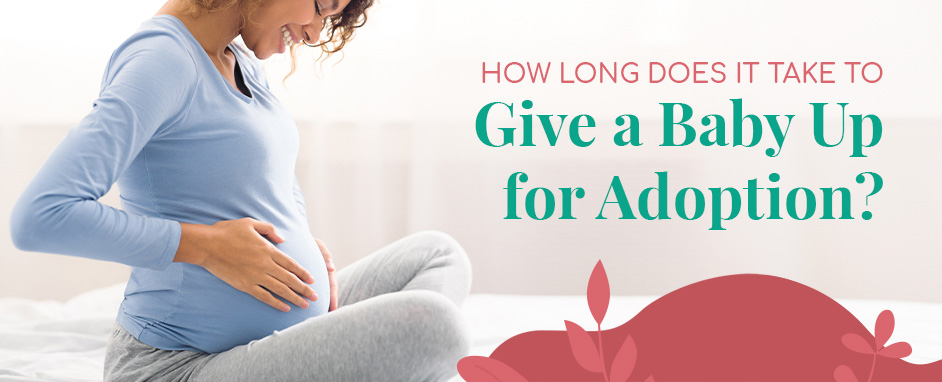July 27, 2011
Keep Your Eyes Open, and Your Heart on the Kids
I know that “Law and Order: SVU” is not a verbatim depiction of reality, but they do cull their plot lines from real cases — a fact which always intrigues me and feeds my obsession with the show. This really hit home last night when I watched an episode about a foster family who essentially housed an entire farm of children, and subjected them to extreme punishments when they committed “wrongdoings” like not finishing their dinner. After a little girl died from a therapeutic remedy gone awry — during which the parents were advised to lay down on the child when she was upset until she calmed down, and she wound up suffocating to death — when the cops got investigated, they realized that the couple had been keeping children in cages, locked in a barn, or putting hoses in the “bad” kids’ mouths and turning it on full force — also punishment for bad behavior. The parents ended up in jail, but with only a three year sentence after having abused innumerable children.
The show is fiction, but I couldn’t help but to think of all the recent child abuse cases that have hit the media. Casey Anthony’s acquittal is perhaps the most notable, but there’s also young Clayton, who was systematically wrapped in wire fence by his father and placed in a dark closet day after day with very few opportunities to eat nor use a restroom. His father would often urinate on him, and his stepmother would shove dish soap in his mouth, leaving it to sit and produce rashes on his unwashed skin. Clayton doesn’t remember how long he endured this lifestyle, but police estimate that it went on for about 3-6 months. He had a stepsister who tried to help him as often as she could, and was the inadvertent link to his rescue, when she ran away to Kentucky and eventually told cops of the abuse going on at home. Clayton had family members in the same town who considered him missing, without any investigation as to where he could have possibly gone. Eventually his father and step mother were indicted, receiving the maximum sentence under the law — four and a half months — which even the judge admitted was not enough. There’s also Christian Chaote, who died after years of extreme abuse and being forced to live in a dog cage. He was buried in a shallow grave and covered in cement nearly two years before anyone ever noticed he was missing.
There’s also Christian Chaote, who died after years of extreme abuse and being forced to live in a dog cage. He was buried in a shallow grave and covered in cement nearly two years before anyone ever noticed he was missing. Christian’s case is especially troubling, as DCS had cited his father as a known abuser, and there were eight instances of documented abuse in Christian’s home before he died.
Christian’s case is especially troubling, as DCS had cited his father as a known abuser, and there were eight instances of documented abuse in Christian’s home before he died.
These stories are horrific, and have compelled many a discussion about who could subject a child to this kind of abuse, or, in the cases of Christian and Caylee Anthony, discard a child with such reckless abandon. But the point is that there are many reasons that adoption exists, and just as many organizations in place set up to protect children enduring abuse by removing them from their homes and placing them in foster care, or with an adoptive family. Each of these children could have been saved had someone been persistent about voicing concern, or gone through the right channels to report the abuse. Unfortunately there are many cases where someone has been alerted and nothing has been done, but that’s why organizations like ChildHelp, who house the National Child Abuse Hotline, exist. Additionally, each state has their own child abuse reporting centers. Here’s a comprehensive list of numbers and websites you can call if you suspect that a child in your area is being abused, or neglected: Child Welfare Information Gateway.
Adoption is about more than giving newborn babies a home. It is about the opportunity to provide any child who needs it with a loving family and supported life, no matter what their age or background. If you see something wrong, or suspect that a child you know is abused or neglected, let someone know immediately. The cases above are tragic, and similar situations emerge everyday — with so many people in the world aching to love a child, there’s no reason anyone should be stuck in a home where they aren’t loved.


